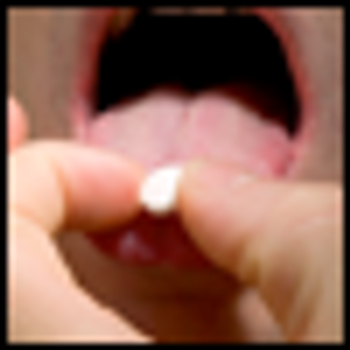
After formulating and signing “Melancholia: A Declaration of Independence,” an international cadre of psychiatrists recently launched a campaign to have the upcoming DSM-V recognize melancholia as a distinct syndrome rather than as a specifier for the mood disorders of major depression and bipolar disorder.






